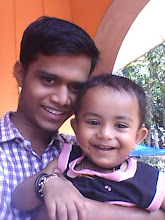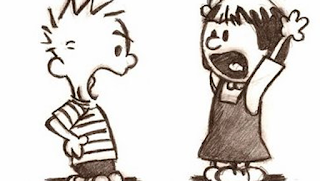CONFLICT MANAGEMENT
•
Conflicts
refers to perceived incompatible differences resulting in some form of
interference or opposition
•
Traditional
view of conflict : conflicts must be avoided-that it indicates a
problem within the org
•
Human
relations view of conflict: conflict is natural and inevitable outcome
in any group and has potential to be a
positive force
•
Interactionist
view of conflict: some conflict is absolutely necessary for a
group to perform
Types
of conflicts
•
Functional
conflicts: conflicts
that support a group’s performance
•
Dysfunctional
goals: conflicts
that prevent a group from achieving its goals
•
Task
conflicts: conflicts
over content and goals of the work
•
Relationship
conflict: conflicts
based on interpersonal relationships
•
Process
conflict: conflicts
over how work gets done
Latent
Conflict
•
Important
sources of organizational conflicts such as competition for scarce resources,
divergence of subunit goals, competition for positions in the organization,
imply that role conflicts are present, but the conflict has not yet emerged
•
Here
participants only anticipate conflicts
Perceived
Conflict
•
Here
the basic sources of conflicts like divergent goals, competition for scarce
resources do not exist
•
Conflicts
result due to the parties’ misunderstandings of each other’s true position
•
Such
a conflict can be resolved by improving communication between the parties
Felt
Conflict
•
Even
though people perceive that there is a basis for conflict, conflict will not
arise unless the differences become personalized or internalized (felt)
Manifest
Conflict
•
This
is the stage for open confrontation
•
It
takes the form of conflictive behavior, including open aggression, sabotage,
apathy, withdrawal, etc, all of which reduce organization’s effectiveness
Conflict
Aftermath
•
The
aftermath of a conflict may be either positive or negative for the organization
depending on how the conflict is resolved
•
If
the conflict is genuinely resolved, it can lead to a more enduring and
cooperative relationship between organizational participants
•
If
the conflict is merely suppressed but not resolved, the latent conditions of
conflict may be aggravated
•
The
legacy of conflict is called conflict aftermath





0 comments:
Post a Comment